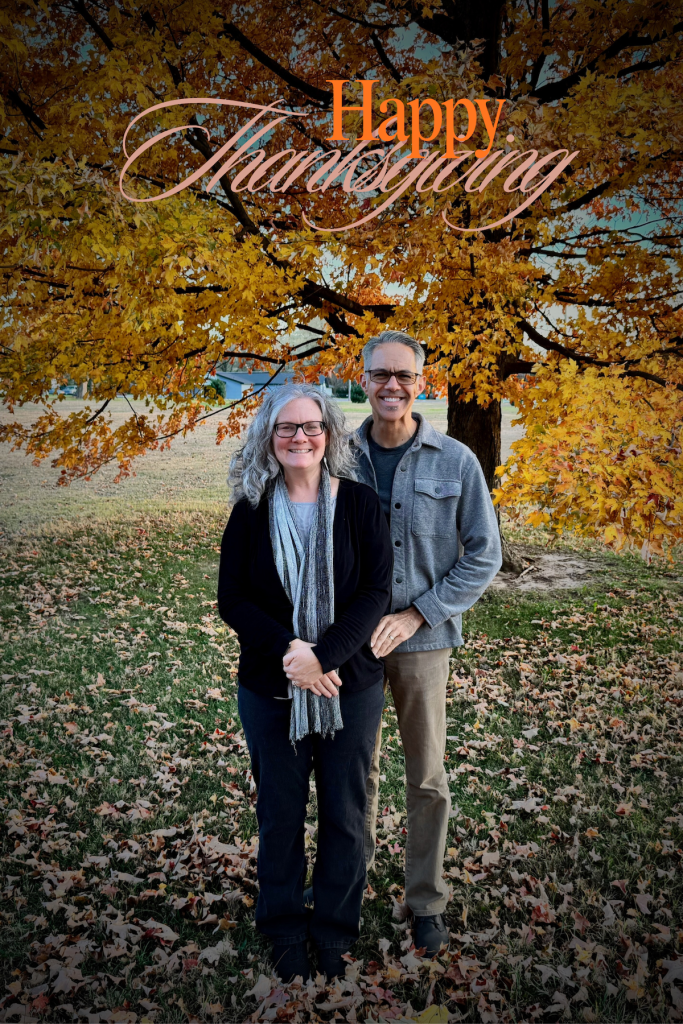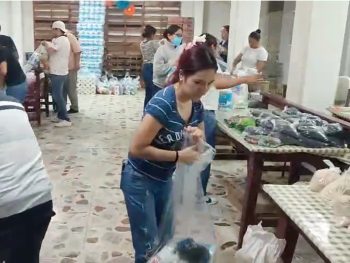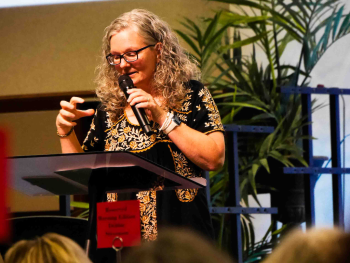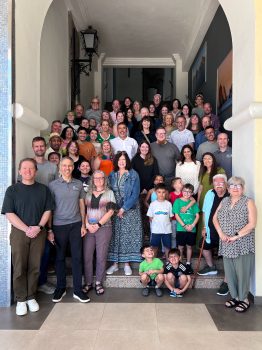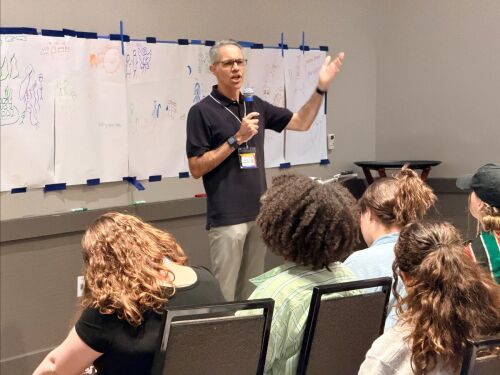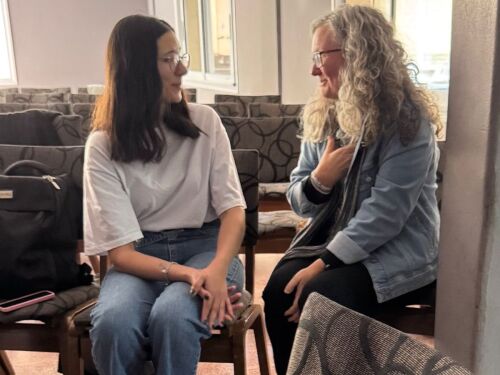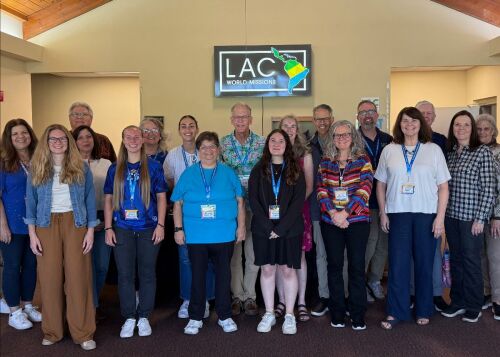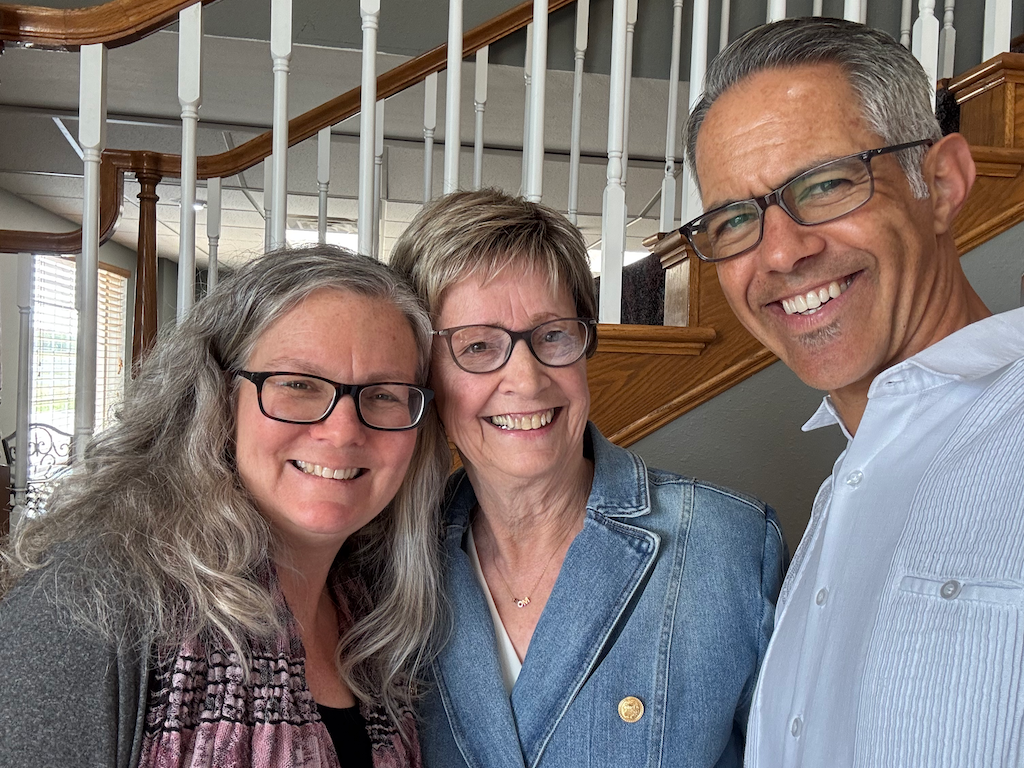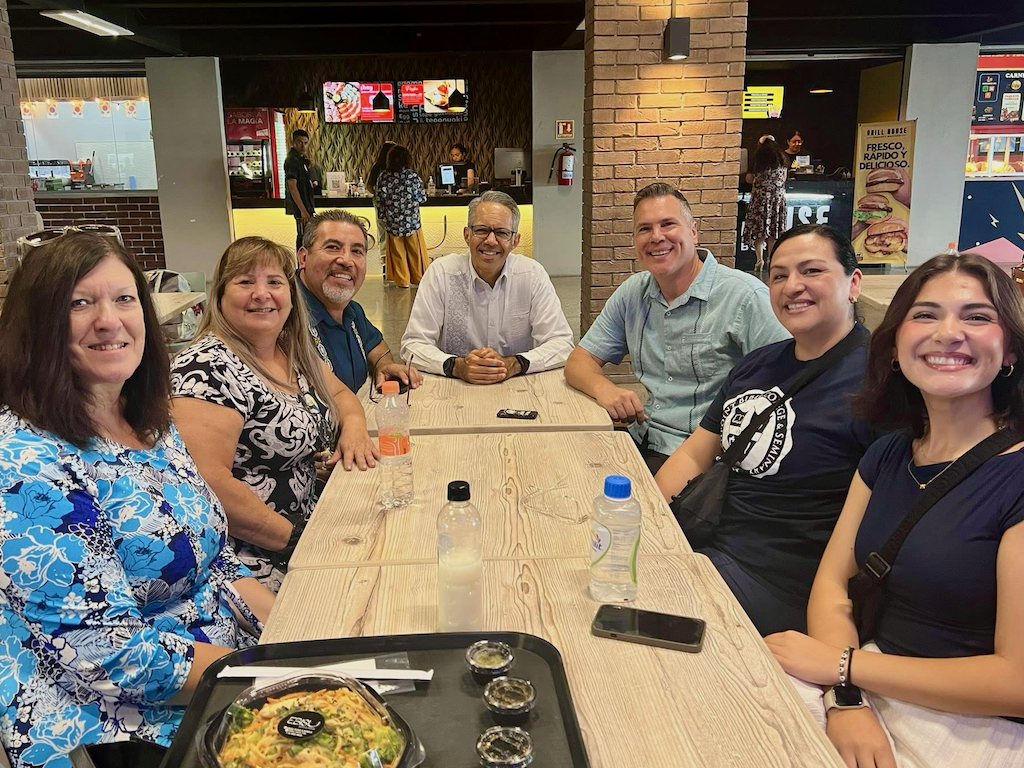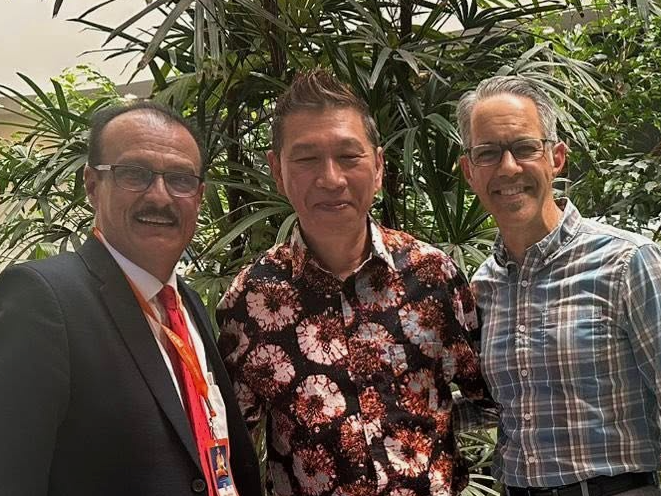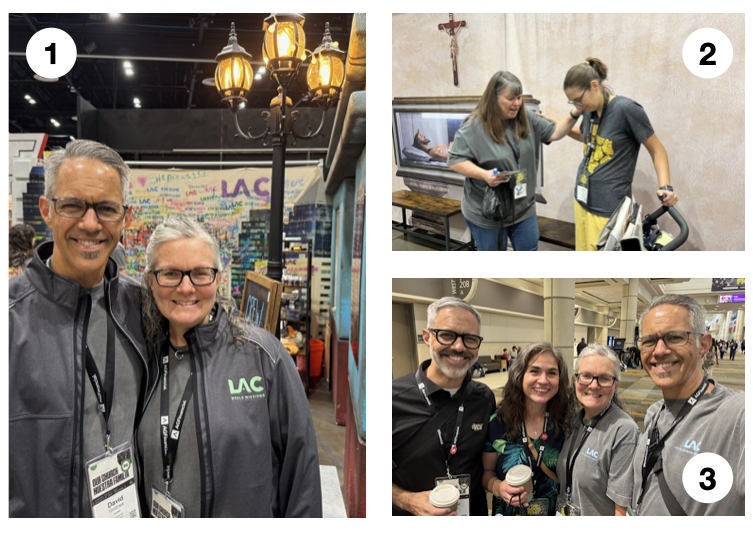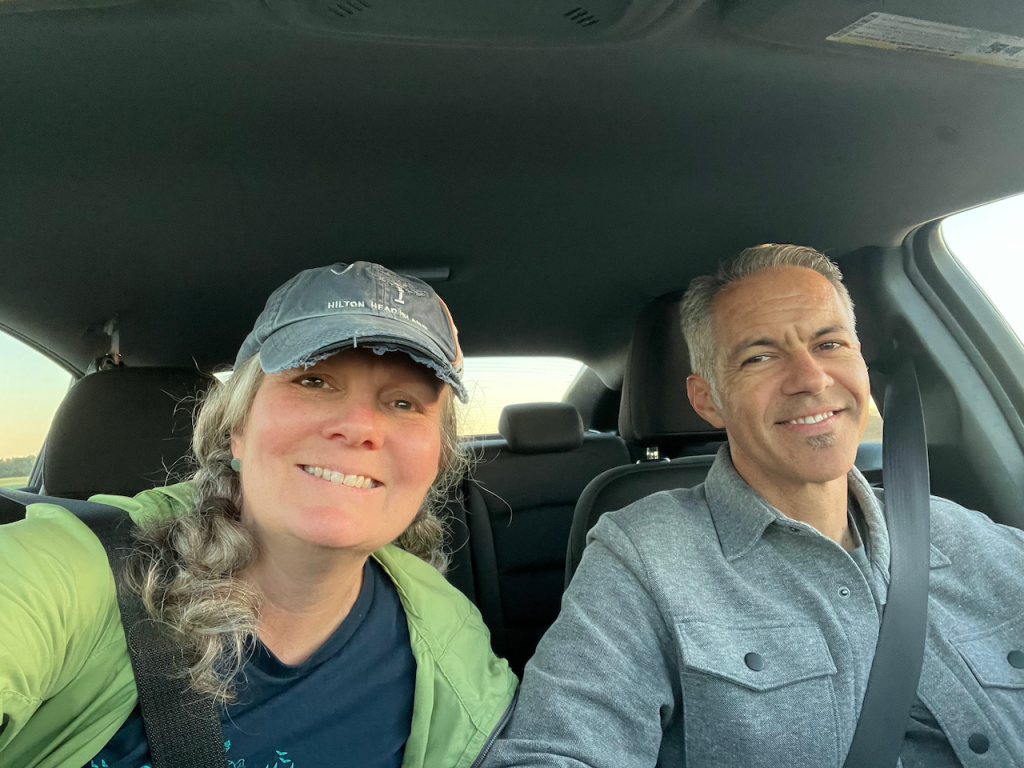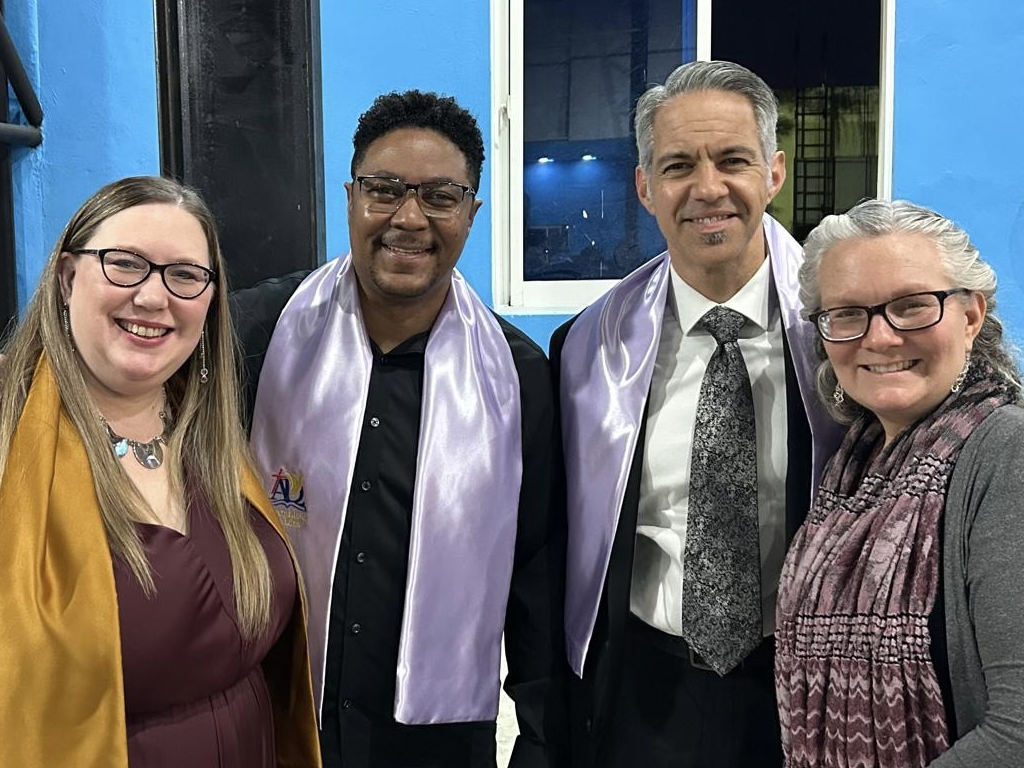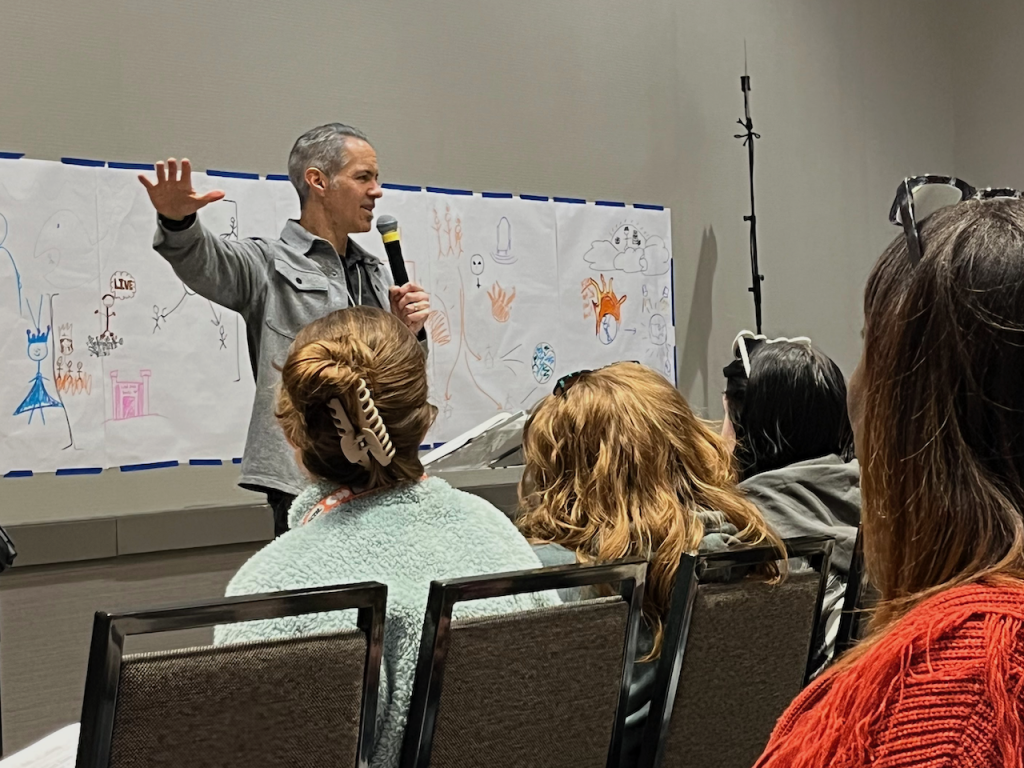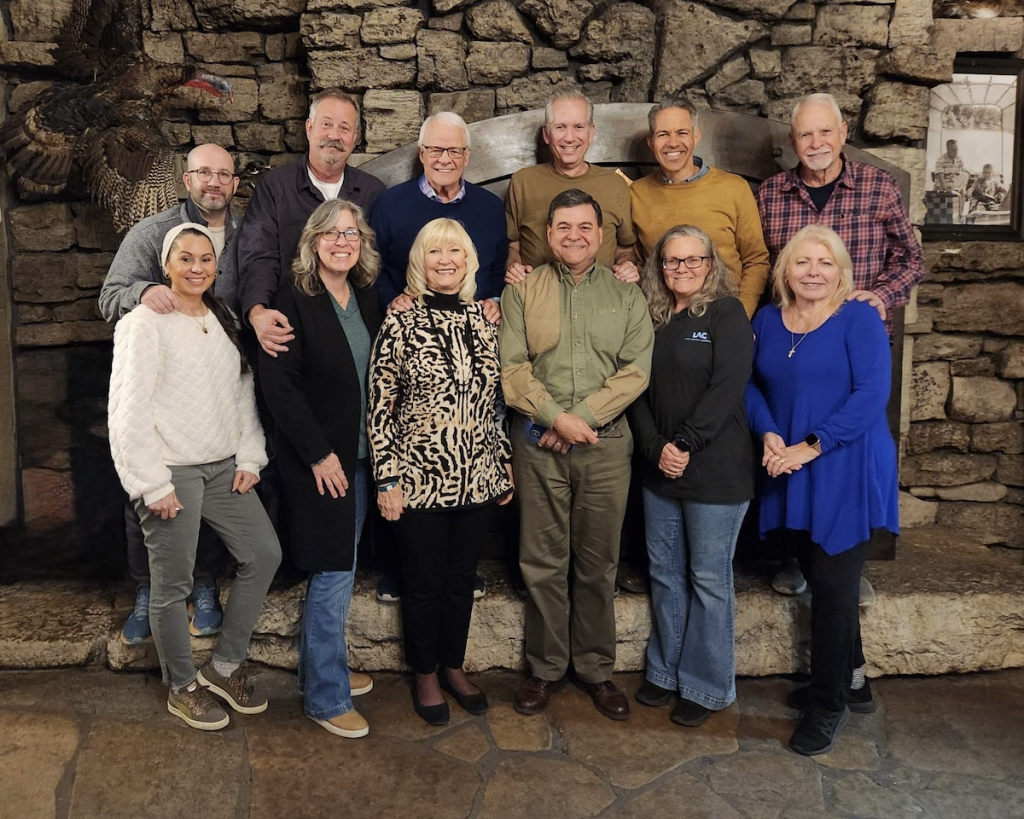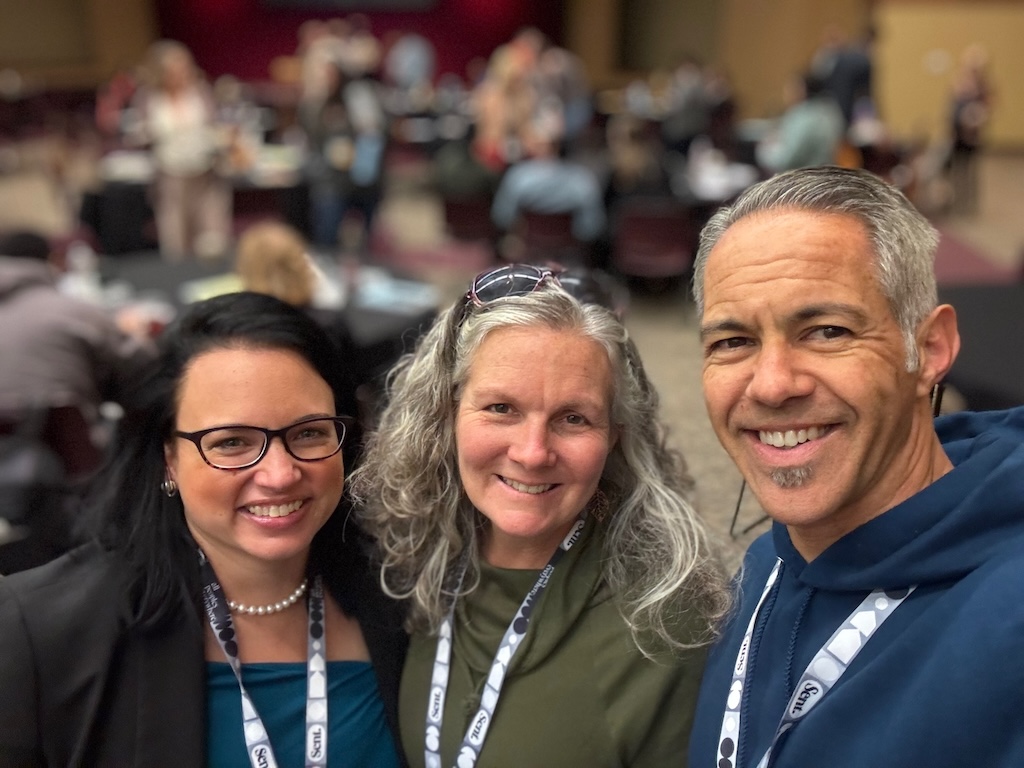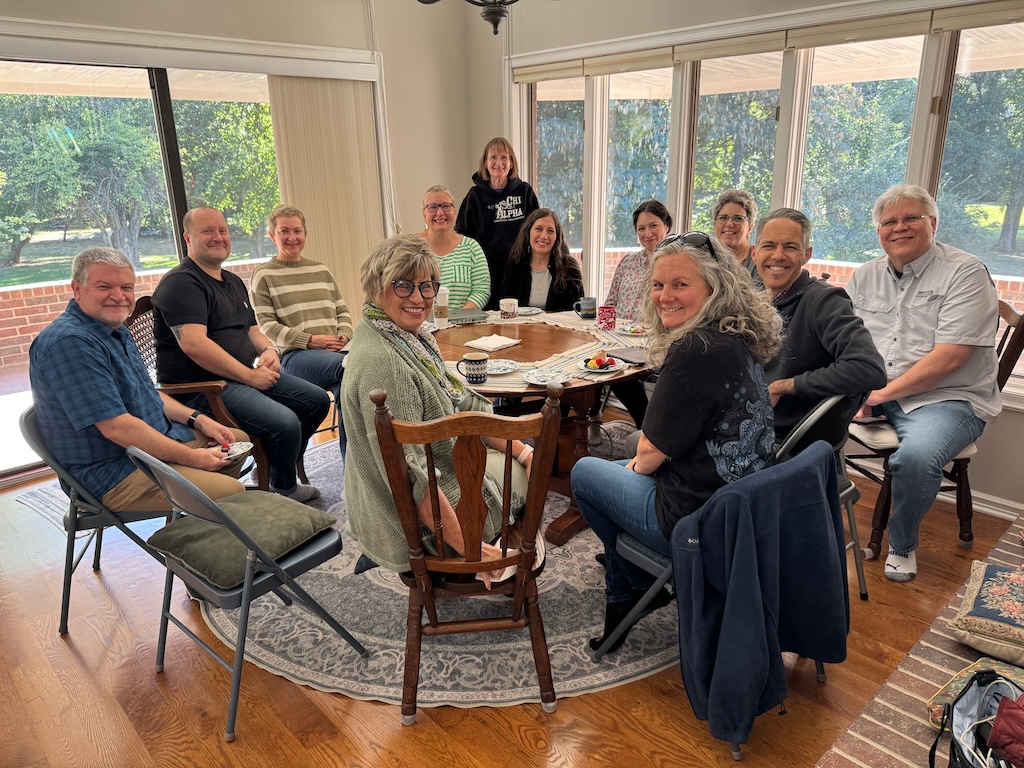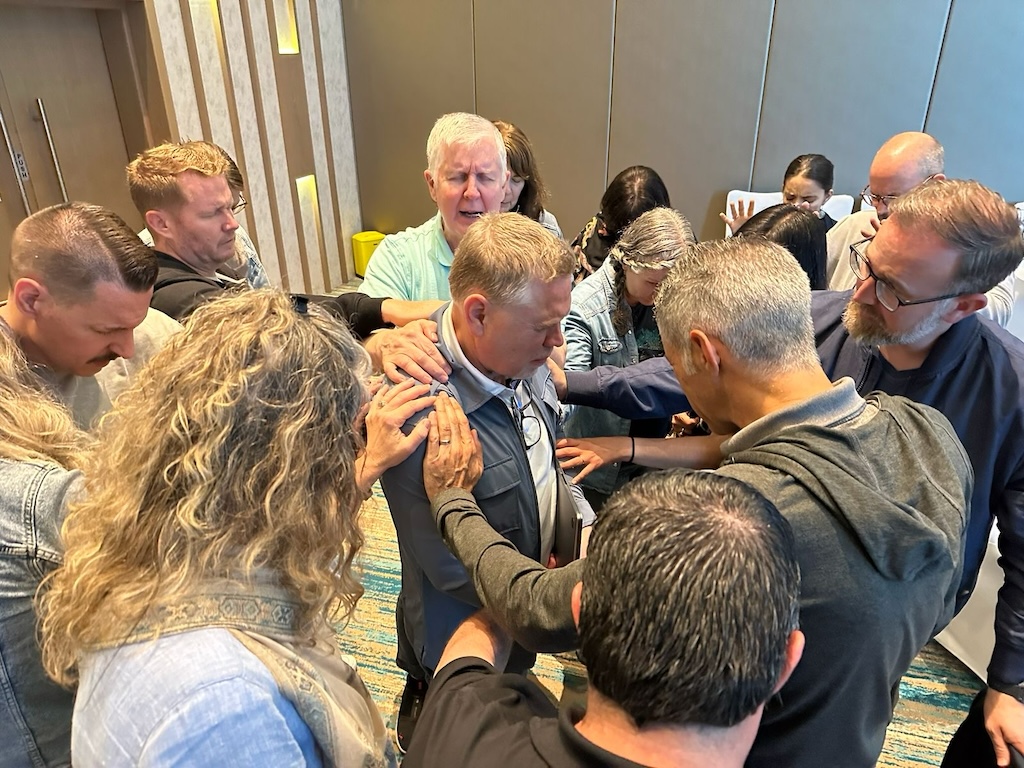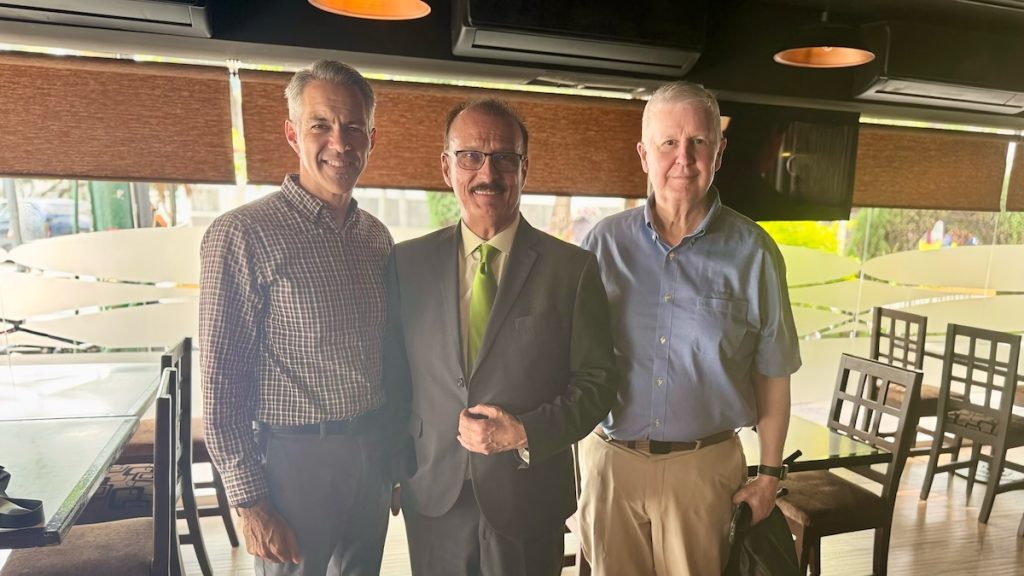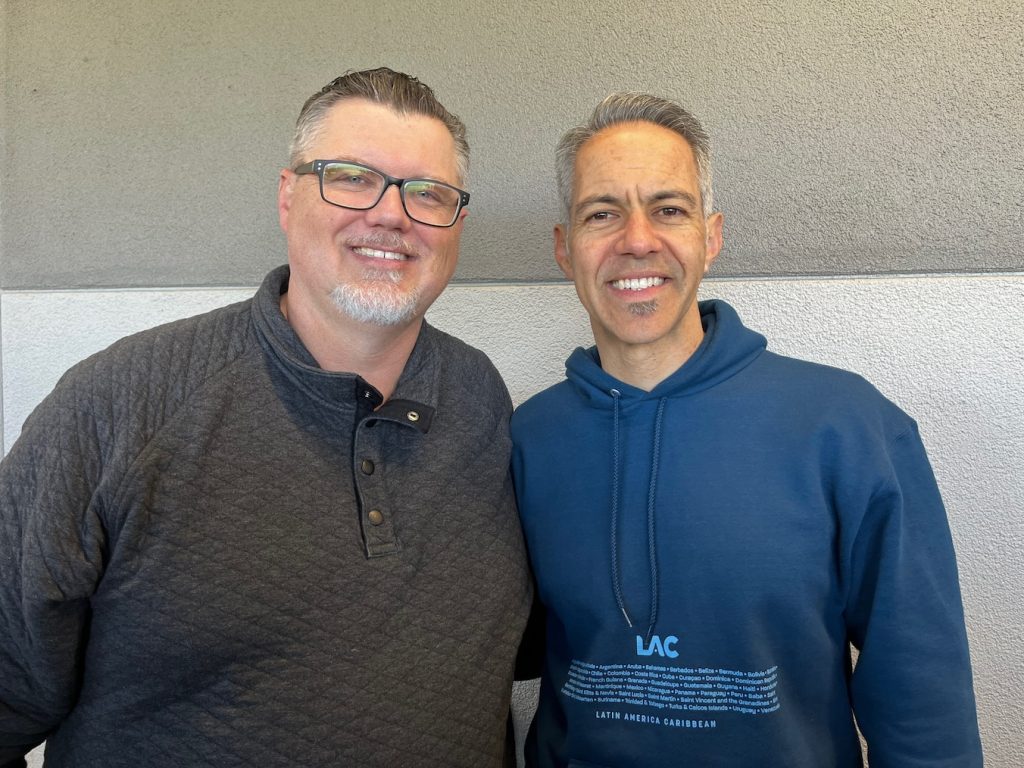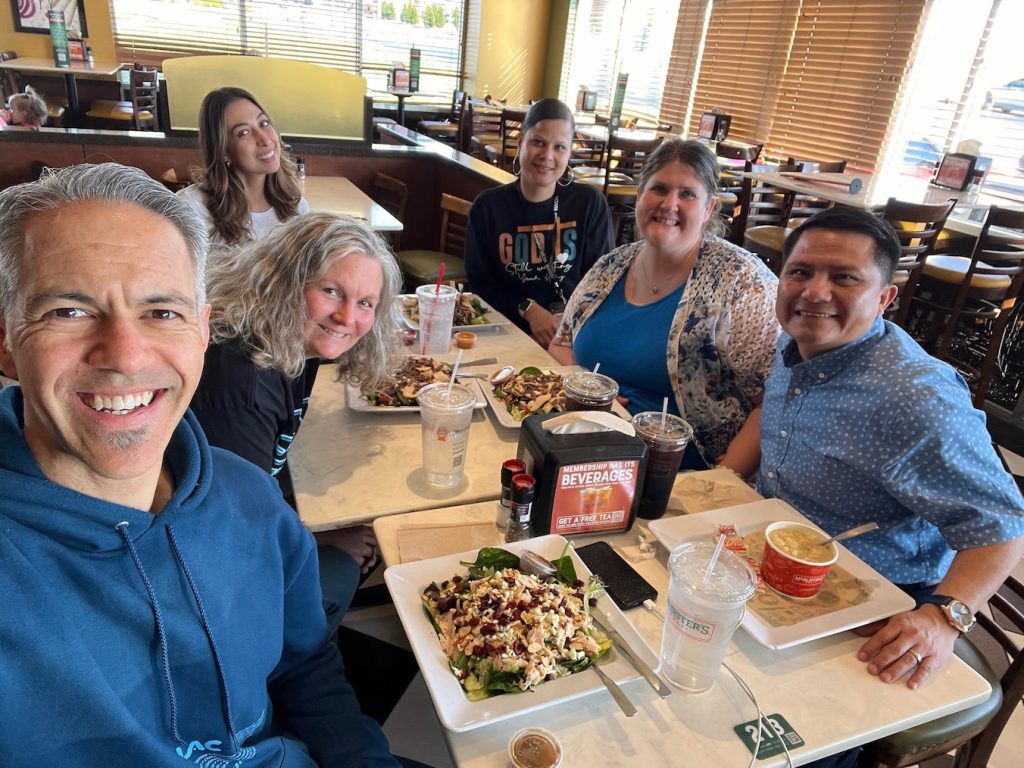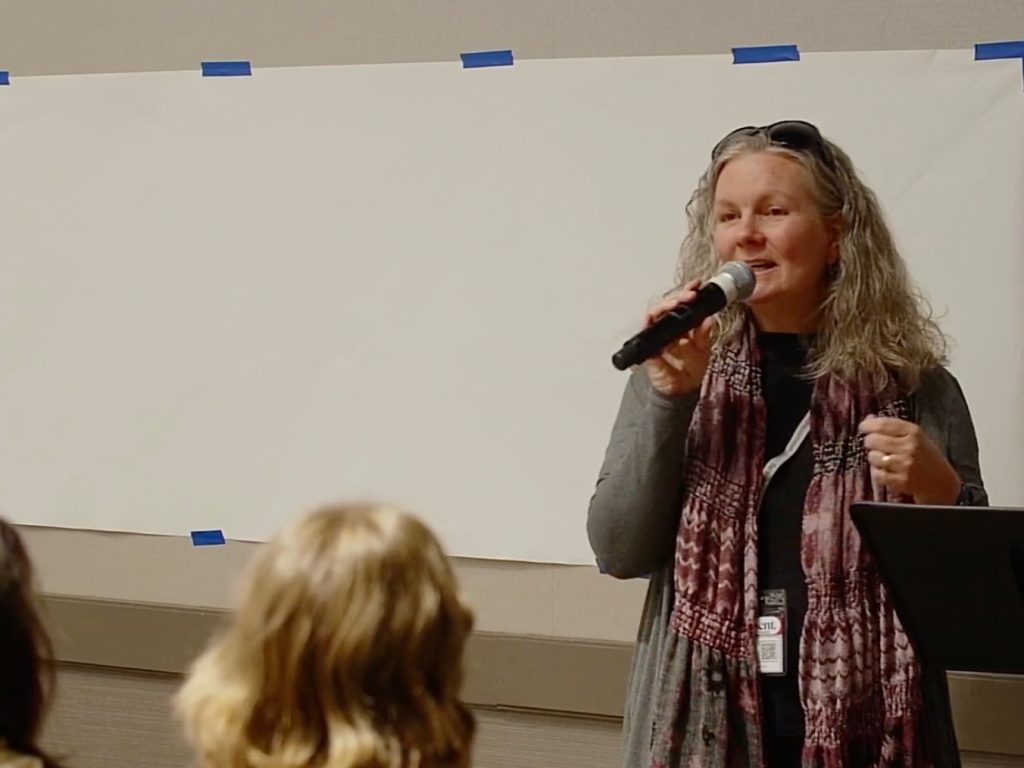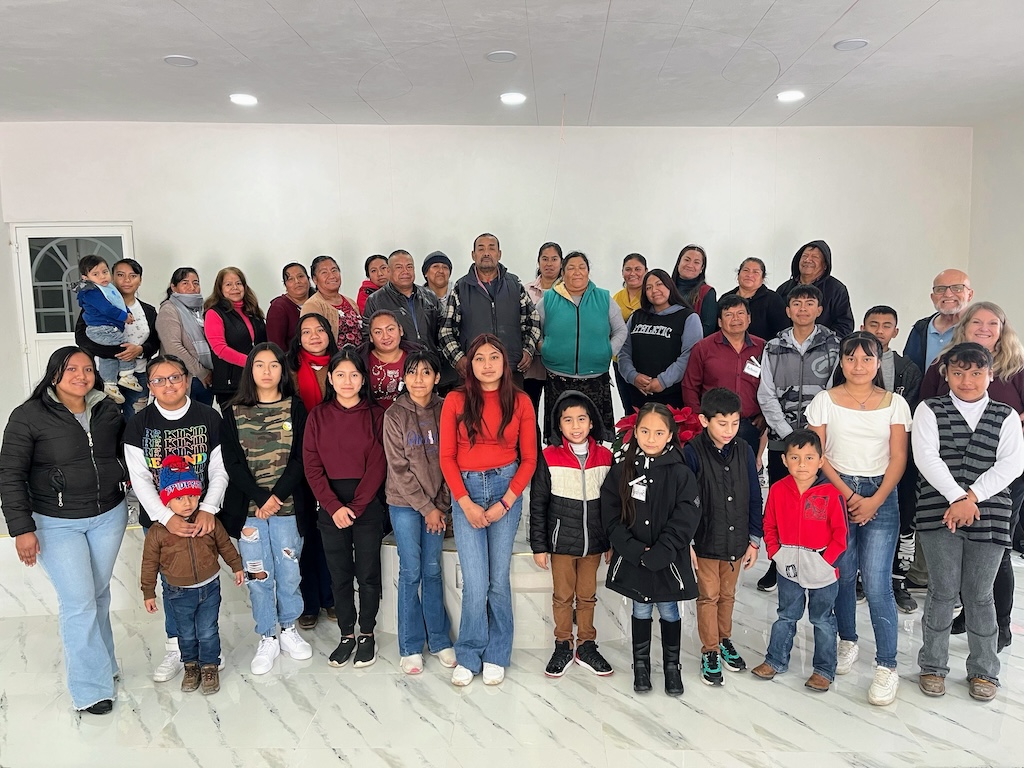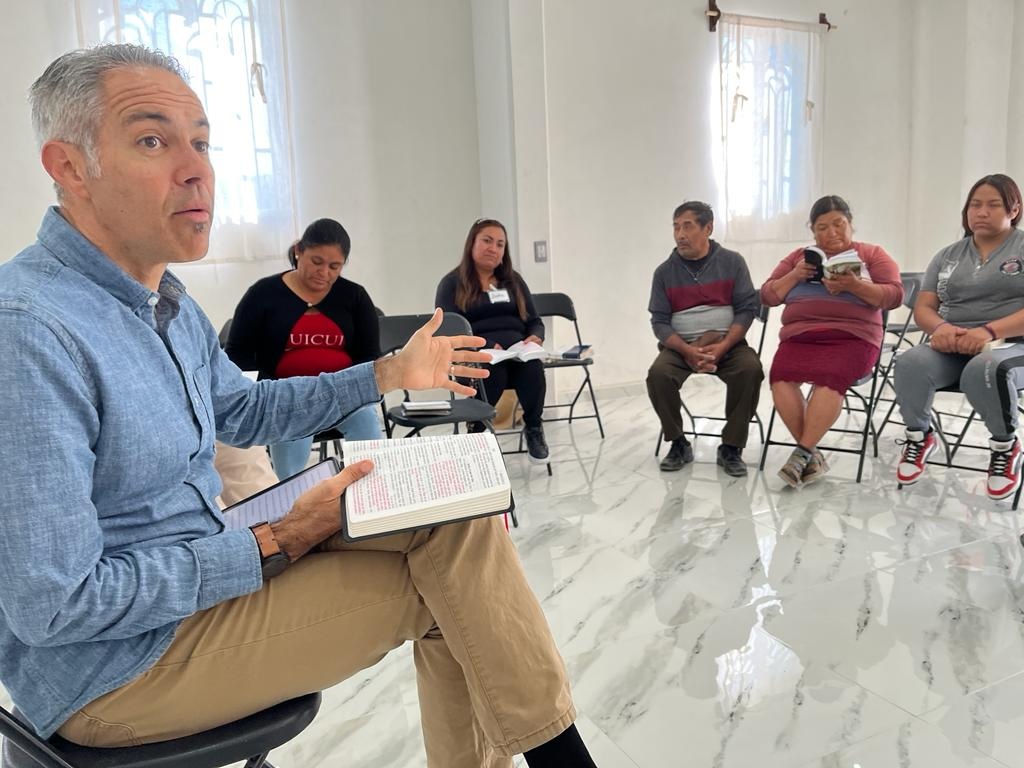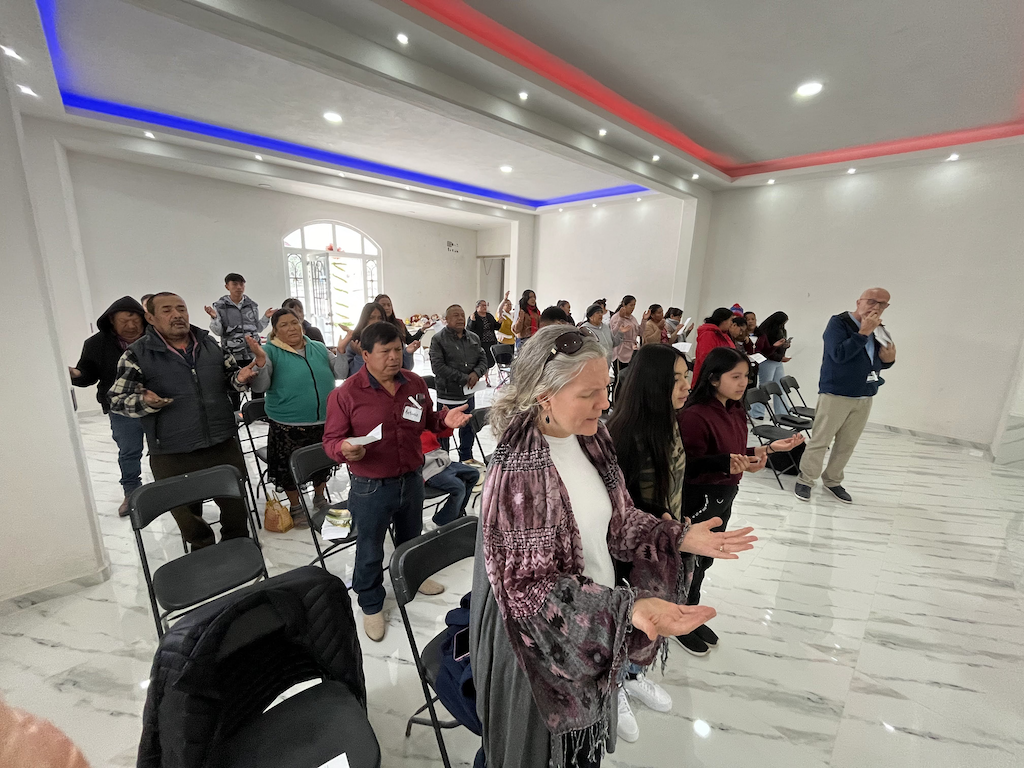In this season of Thanksgiving, our hearts are overflowing with gratitude for your incredible partnership over the past year. We look back and see clear evidence of how your prayers, generosity, and commitment have truly been a blessing, strengthening the advance of the gospel across the Northern Triad (Mexico, Cuba, and the Dominican Republic) and around the world.
Your faithful support has made the following work possible:
Responding to Urgent Needs with Compassion
Your giving has allowed us to move quickly in the face of crisis, enabling a compassionate, Christ-centered response to urgent needs. Following the devastating floods in northern Veracruz, Mexico, and the impact of Hurricane Melissa in Cuba and the Dominican Republic, your contributions through the AGWM Disaster Relief Fund provided essential assistance. This meant volunteers could assemble relief packets, bringing both practical help and eternal hope to those who are suffering.
Equipping Global Workers and National Leaders
Every step we take in our role as Northern Triad Area Directors is possible because of your prayers, generosity, and heart for missions. Your support empowers us to lead effectively, serve faithfully, and invest in the potential of our team. This year, your partnership allowed us to:
- Invest in Training: We were able to launch an online competency cohort for veteran missionaries and collaborate on a complete redesign of the global worker training process.
- Mobilize New Workers: We have been able to champion the need for more global workers for the “unfinished task”. We are working toward a bold goal to double the number of global workers in the Northern Triad over the next eight years, and we are already seeing new candidates for Mexico commissioned to the field.
Making Connections That Matter
One of the greatest joys of our ministry is the role we get to play as “connectors,” and your backing is what makes this possible. We are uniquely positioned to bring people, ideas, and resources together so that ministry can flourish in Mexico, Cuba, and the Dominican Republic.
- Strengthening the Church: Your support helped us facilitate the visits of special guests for significant events, such as the National Pentecostal Jubilee in Monterrey, Mexico, which brought powerful encouragement to pastors and leaders across the nation.
- Multiplying Impact: At its heart, this connecting is about multiplying impact—strengthening fellow global workers, and inviting churches and individuals into more active involvement in missions.
From strengthening workers and serving national leaders to coordinating compassionate response and steering strategic direction, every aspect of our ministry is a testament to your faithfulness. Thank you for standing with us, we are honored to serve the Lord alongside you.

